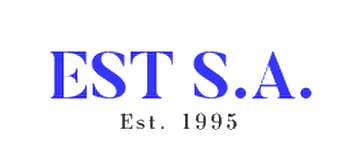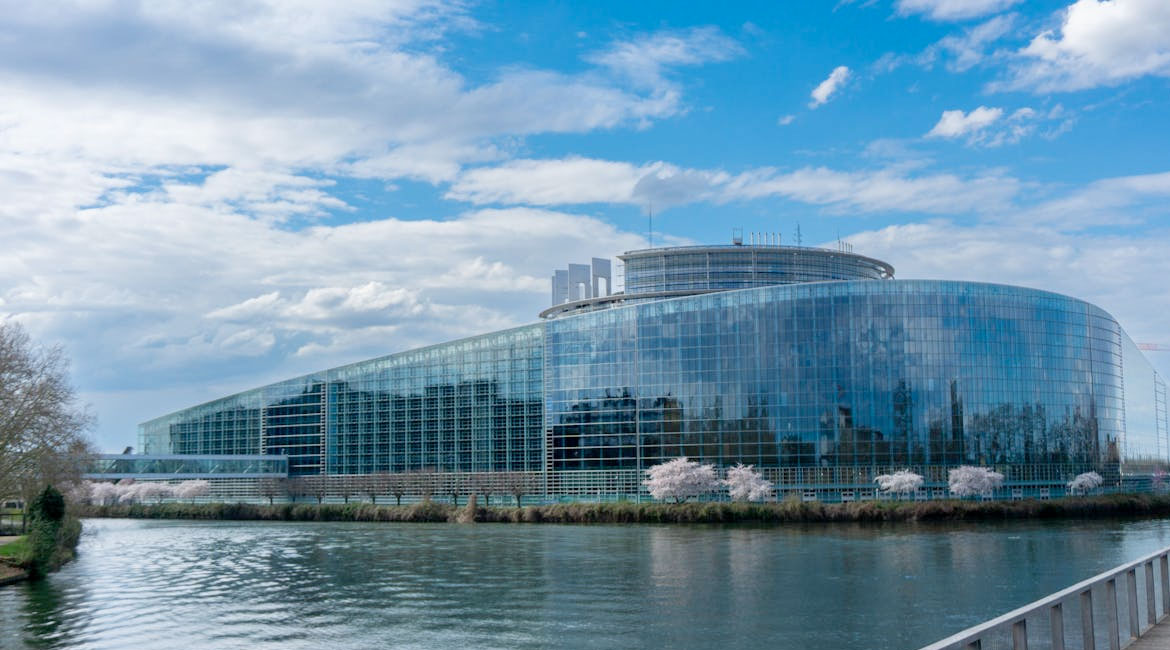In an era where regulatory complexity can hinder innovation and burden citizens and businesses alike, the European Commission’s 2025 report on simplification, implementation, and enforcement outlines a bold and pragmatic roadmap to streamline EU legislation. The report, presented to the European Parliament and other EU institutions, underscores the Commission’s commitment to making EU laws more effective, accessible, and future-proof.
At the heart of the 2025 strategy is a three-pronged approach: simplification, implementation, and enforcement. These pillars are designed to ensure that EU laws not only serve their intended purpose but also do so with minimal administrative burden and maximum impact.
Cutting Red Tape: The Simplification Agenda
The Commission has launched six “omnibus” legislative packages aimed at reducing unnecessary bureaucracy. These packages target a wide range of sectors, from chemicals and cosmetics to agriculture and digital services. The goal is ambitious: to cut administrative burdens by 25% overall, and by 35% for small and medium-sized enterprises (SMEs) by the end of the Commission’s mandate.
One of the most tangible outcomes of this initiative is the projected €8.6 billion in annual savings for businesses and public administrations. For example, the Commission proposes to delay certain sustainability reporting obligations and simplify compliance requirements under the Carbon Border Adjustment Mechanism for small importers. These changes are designed to maintain high standards while reducing the complexity of compliance.
Strengthening Implementation: Dialogue and Digital Tools
Recognizing that well-crafted laws are only as effective as their implementation, the Commission has intensified its support for Member States. In 2025 alone, it conducted 28 Implementation Dialogues involving over 550 stakeholders. These dialogues serve as platforms to identify practical challenges and co-develop solutions tailored to national contexts.
To further ease implementation, the Commission is developing a single digital portal that consolidates information on EU funding, tenders, and regulatory obligations. This tool aims to improve transparency and accessibility, particularly for SMEs and local authorities.

Enforcing the Rules: A Cooperative Approach
Enforcement remains a cornerstone of the EU’s legal framework. In the first seven months of 2025, the Commission initiated 373 infringement cases, with 95% resolved before reaching the European Court of Justice. Additionally, 168 pre-infringement dialogues were launched, two-thirds of which were resolved amicably.
The Commission emphasizes a cooperative approach, working closely with Member States to resolve issues early and avoid lengthy legal proceedings. This strategy not only saves time and resources but also fosters trust and shared responsibility in upholding EU law.
Future-Proofing Legislation: Stress Testing and Sectoral Reviews
To ensure that EU laws remain fit for purpose, each Commissioner is conducting a comprehensive stress test of legislation in their portfolio. These reviews focus on areas such as financial services, digital regulation, energy, and consumer protection. The findings will inform a Digital Omnibus package, expected by the end of 2025, aimed at streamlining data, cybersecurity, and AI-related laws.
An Environmental Omnibus is also in development, targeting simplification in areas like waste management, emissions, and the circular economy. These initiatives reflect the Commission’s broader goal of aligning regulatory frameworks with the EU’s green and digital transitions.
A Strategic Vision for Competitiveness
The 2025 roadmap is closely aligned with the Competitiveness Compass and the 2026 Commission Work Program, which prioritizes simplification as a driver of economic resilience. As the report notes, “Simplification is not deregulation. It is about making rules clearer, more coherent, and easier to apply.”
By reducing complexity, enhancing cooperation, and embracing digital tools, the Commission aims to build a regulatory environment that supports innovation, protects citizens, and strengthens the EU’s global competitiveness.



